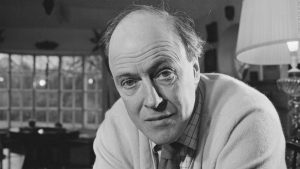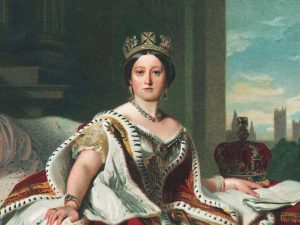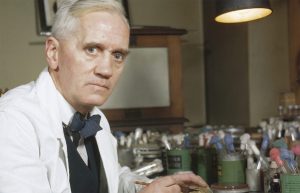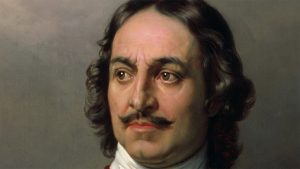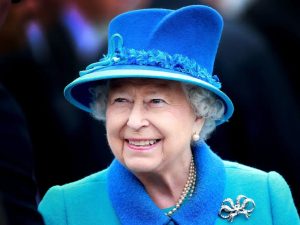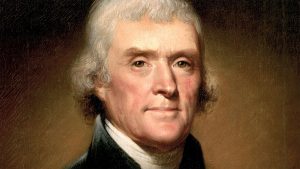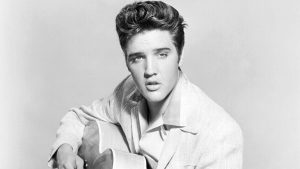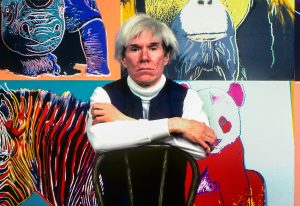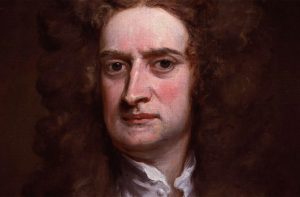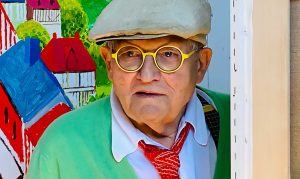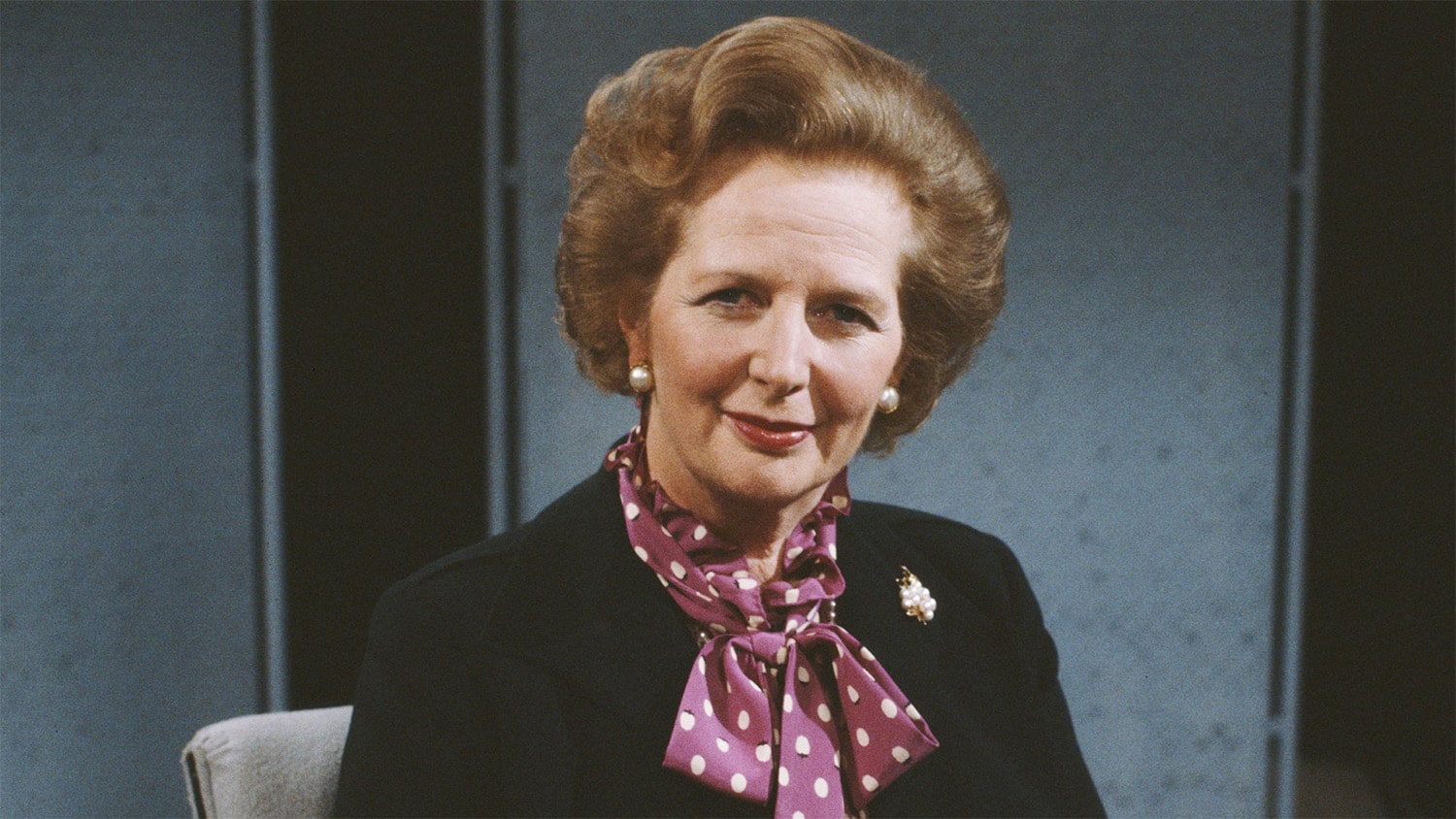
20 interesting facts about Margaret Thatcher
448
Margaret Thatcher, known as the “Iron Lady,” was a figure of monumental influence in the 20th century, not just in Britain but across the globe. Her tenure as the first female Prime Minister of the United Kingdom marked a period of significant political and economic change. Thatcher’s policies and leadership style sparked both admiration and controversy, leaving a legacy that continues to be debated by historians, politicians, and citizens alike. Her impact on British politics, her role on the world stage, and her unique personality have made her a subject of enduring interest and study. Here are 20 interesting and informative facts about Margaret Thatcher that shed light on her life and political career.
- Margaret Thatcher was born on October 13, 1925, in Grantham, Lincolnshire, England.
- She studied chemistry at Somerville College, Oxford, and later became a research chemist before entering politics.
- Thatcher was elected as the Member of Parliament for Finchley in 1959, a seat she held until retiring from the House of Commons in 1992.
- She became the leader of the Conservative Party in 1975, the first woman to lead a major political party in the United Kingdom.
- Thatcher was the Prime Minister of the United Kingdom from 1979 to 1990, making her the longest-serving British prime minister of the 20th century.
- She was the first and, to date, the only woman to hold the office of Prime Minister in the UK.
- Thatcher’s economic policies focused on reducing the power of trade unions, privatising state-owned industries, and deregulating the economy, known as Thatcherism.
- Her government fought the Falklands War in 1982, successfully reclaiming the Falkland Islands after an invasion by Argentina.
- Thatcher was a close ally of US President Ronald Reagan, with whom she shared a conservative ideology and a strong stance against the Soviet Union.
- She survived an assassination attempt in 1984 when the IRA bombed the Grand Hotel in Brighton during the Conservative Party conference.
- Thatcher introduced the controversial Community Charge tax, commonly known as the “poll tax,” which contributed to widespread protests and her eventual resignation.
- She was awarded the Order of Merit by Queen Elizabeth II in 1990, one of the highest honors that can be bestowed on a British citizen.
- After leaving office, she was given a life peerage as Baroness Thatcher, of Kesteven in the County of Lincolnshire, allowing her to sit in the House of Lords.
- Thatcher’s government pushed for more stringent laws against drug trafficking and supported the United States’ War on Drugs.
- She was a scientist by training and was part of the team that developed the method for preserving soft-serve ice cream as it is known today.
- Thatcher was known for her strong stance against the European Economic Community’s move towards closer political integration, famously saying “No, no, no” in a speech to the Commons.
- Her political memoirs, “The Downing Street Years” and “The Path to Power,” offer insights into her philosophy and political battles.
- Thatcher graduated from Oxford University with a degree in Chemistry and later pursued law, qualifying as a barrister.
- She was a Methodist by faith, which influenced her conservative and moralistic views.
- Margaret Thatcher passed away on April 8, 2013, at the age of 87.
Margaret Thatcher’s life and career were marked by groundbreaking achievements and formidable challenges. As the first female Prime Minister of the United Kingdom, she not only shattered the glass ceiling but also implemented policies that transformed the British economy and had a lasting impact on British society. Her leadership style, unwavering principles, and the policies she championed have left an indelible mark on the history of the UK and the world. Thatcher remains a figure of fascination, remembered for her contributions to the political landscape and her role as a pioneer for women in politics.
 MillionFacts
MillionFacts 
 Related posts
Related posts 
